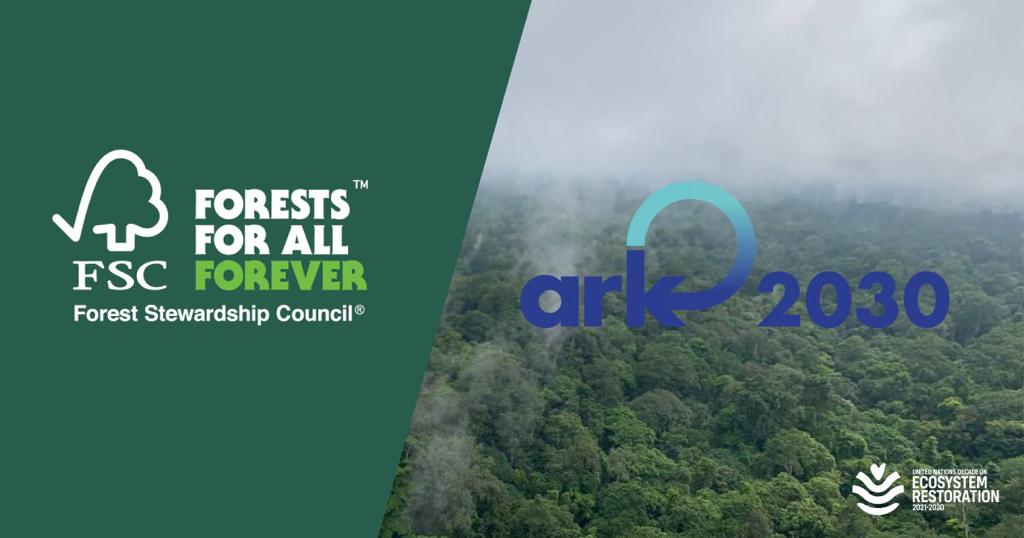USAFRICA COP 25
AFRICA CONTINENT RAINFORESTS
Names & Locations of Tropical Rainforests in Africa
Tropical rainforests grow between 23.5° North and 23.5° South of the
equator, or between the tropics of Capricorn and Cancer, where they
typically receive up to 79 inches of rainfall a year and swelter in
average temperatures in the low 80s. On the continent of Africa, they
are found along the coastal countries of West Africa and in the Congo
Basin. Tropical rainforests contain the greatest diversity of life on
land. A four-mile patch of forest typically contains around 400 species
of birds and protected species such as elephants, chimpanzees and
gorillas. However, their existence is under enormous threat. Each year,
an area of African rainforest the size of Switzerland is removed by
logging companies.
Practical Information
Visitors wishing to explore the African rainforest still need to have
some of the resolve and hardiness of the early explorers. The hot, humid
climate, prevalence of disease and hostile fauna, and political
instability make this a trip free of creature comforts. The safest
option is to join an organized tour in Yaoundé, Cameroon, for example,
or Kinshasa, Democratic Republic of Congo. Bear in mind that as of 2013,
a U.S. State Department travel advisory is still in place against
travel to the DRC, particularly Goma and North Kivu. All visitors need a
visa before arrival, and should remember that malaria is rampant in the
region
Guinea Forests
The Guinea Forest chain covers 35,000 square miles and stretches from
Sierra Leone to Ghana, and from Benin to Cameroon. The first sub-region
is referred to as the Upper Guinea forest; the second is called the
Nigeria-Cameroon forest and reaches to the Sanaga River in Cameroon. The
forest varies between moist coastal forest, freshwater swamp forest and
inland semi-deciduous forest. Only Liberia lies entirely within the
forest. Although the Guinea Forest nourishes almost 9,000 species of
plants and 320 of the continent’s 1,100 species of mammals, almost 90
percent of West Africa’s rainforest has been wiped out, devastated by
logging and clearing for oil palm and rubber plantations. Protected
areas include Cote d’Ivoire’s Tai National Park, Liberia’s Sapo National
Park, and Nigeria’s Cross River National Park.
Central Africa
Almost 80 percent of Africa’s rainforest is in the Congo Basin, the
largest rainforest in the world after the Amazon. Of this forest,
two-thirds is within the Democratic Republic of Congo, but it also
covers Gabon, Central African Republic, Republic of Congo, Cameroon and
Equatorial Guinea. The forest is home to the Congo River, the fifth
longest in the world at 2,900 miles. Although the Congo Basin has
suffered the same threats as West Africa’s rainforest, efforts have been
made to conserve what is left.
Protected Areas
The Central African Forest Commission has recognized 12 areas within the
Congo Basin for conservation. Largest is the Tridom landscape of
Dja-Odzala-Minkébé, which sits on a plateau at least a thousand feet
above sea level and covers 54,000 square miles. In turn, this landscape
includes seven national parks within Cameroon and Gabon. The Sangha
Tri-National is a region of dense forest that shelters four national
parks in three countries: Cameroon, the Central African Republic and
Republic of Congo. Deep in Conrad’s "Heart of Darkness" country, the
Maringa-Lopori-Wamba landscape clusters around the Maringa and Lopori
rivers and contains four protected areas, seven community forests and
six major logging concessions.
Resource
- US Department of State: Travel Warning for Democratic Republic of Congo
- Jengi Tours
- Undiscovered Destinations
Reference
- PBS: Africa Rainforest
- Rainforest Action Network
- Conservation International: Rainforests of West Africa
- Greenpeace: The Congo Rainforest
- Rainforests: Congo Basin
- Central African Regional Program for the Environment: Congo Basin
COP 26 The
26th annual UN Climate Conference under the UK Presidency and in
partnership with Italy will take place this year in Glasgow from 1-12
November 2021. USAfrica Climats Change Relationship : Email : usafricacop25@gmail.com Phone : +261340261111 - +261331515120 |

Commentaires
Enregistrer un commentaire